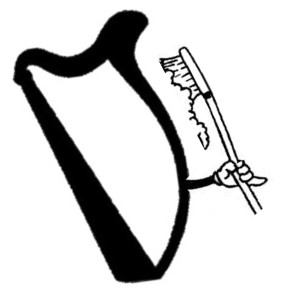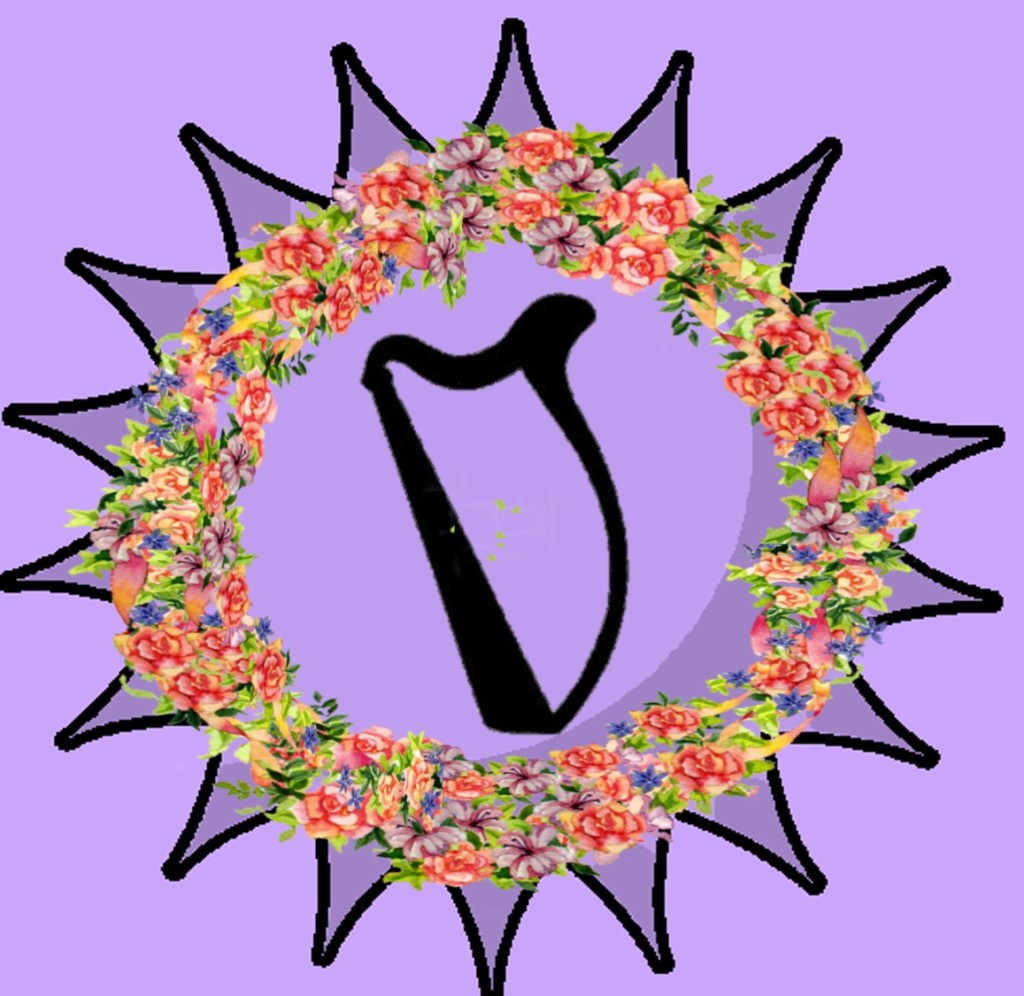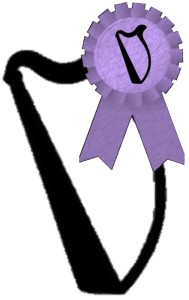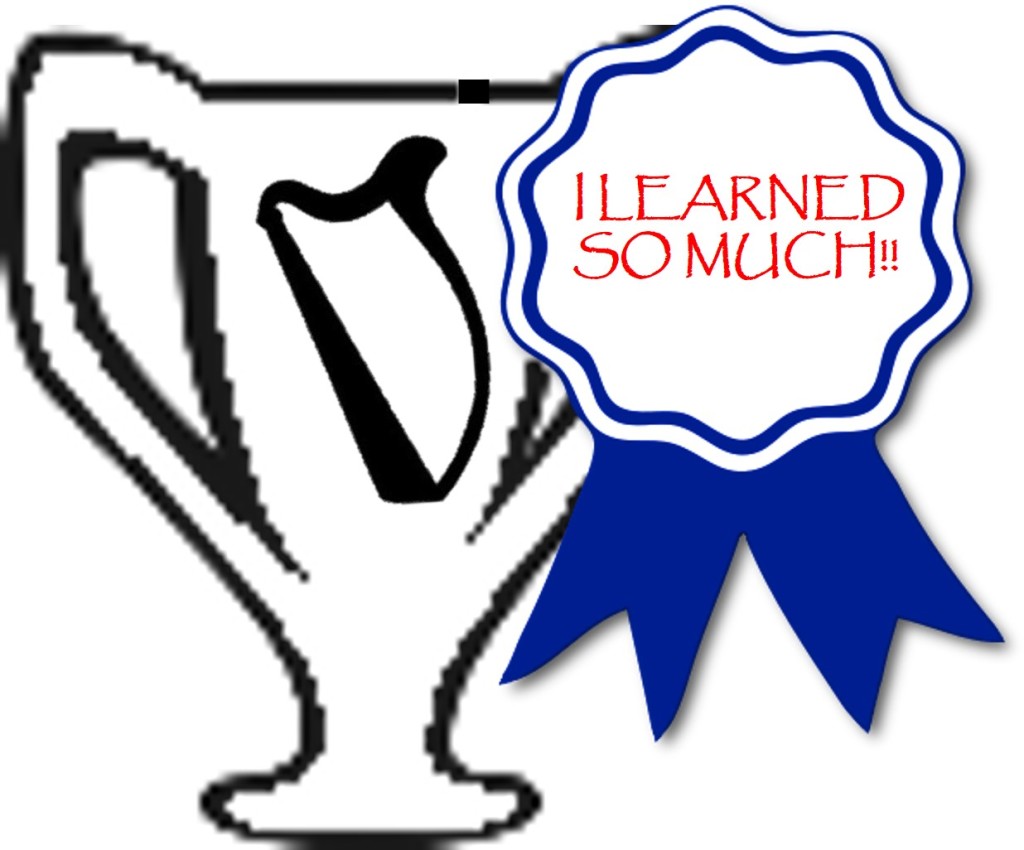One of the most disheartening things is when you work really hard on something and it still doesn’t come. It’s enough to make you crazy – especially if you convince yourself that it should be easy. We have all sorts of things we tell ourselves – but are we identifying the right things to improve?
I found a quote from Eric Lindros (Hockey player for those of you who just said, “Who?!” – remember how I like to cast a wide net!), ”It’s not necessarily the amount of time you spend at practice that counts; it’s what you put into the practice.”
How true!
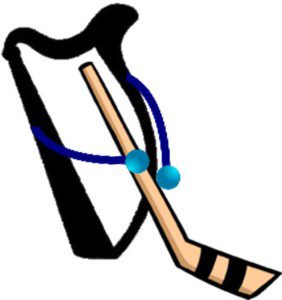 So, what do you put into your practice? Here are some things you could do to help you practice more effectively:
So, what do you put into your practice? Here are some things you could do to help you practice more effectively:
- Know what you’re doing! What is your plan? What do you need to work on? Reading? Rhythm? Fingering? Know before you sit down.
- Make a plan. Don’t just sit on your bench and hope for inspiration – once you know what you need to work on, plan out how you’ll work on it in this practice (of course a longer term plan will also be helpful for staying on track).
- Work at your own speed. Want to play that new reel at wicked speed? Do you really think you’ll be able to do that while you’re still struggling to remember what comes next? Work at a pace that allows you to think, to work through the intricacies, the hard stuff! The speed can come later.
- Include warm ups and exercises – these are not just drudgery. Exercises and warm ups allow you be ready to work and to develop skills and techniques that allow you to develop while working.
- Recognize the difference between working through and playing through. Working through is the tough work of breaking the music down so you can build it back up again.
- There is no one right way to practice. But you can learn a lot from teachers and other more experienced harpers – so it might be a good idea to listen!
Put the right stuff into your practice and make it count!

